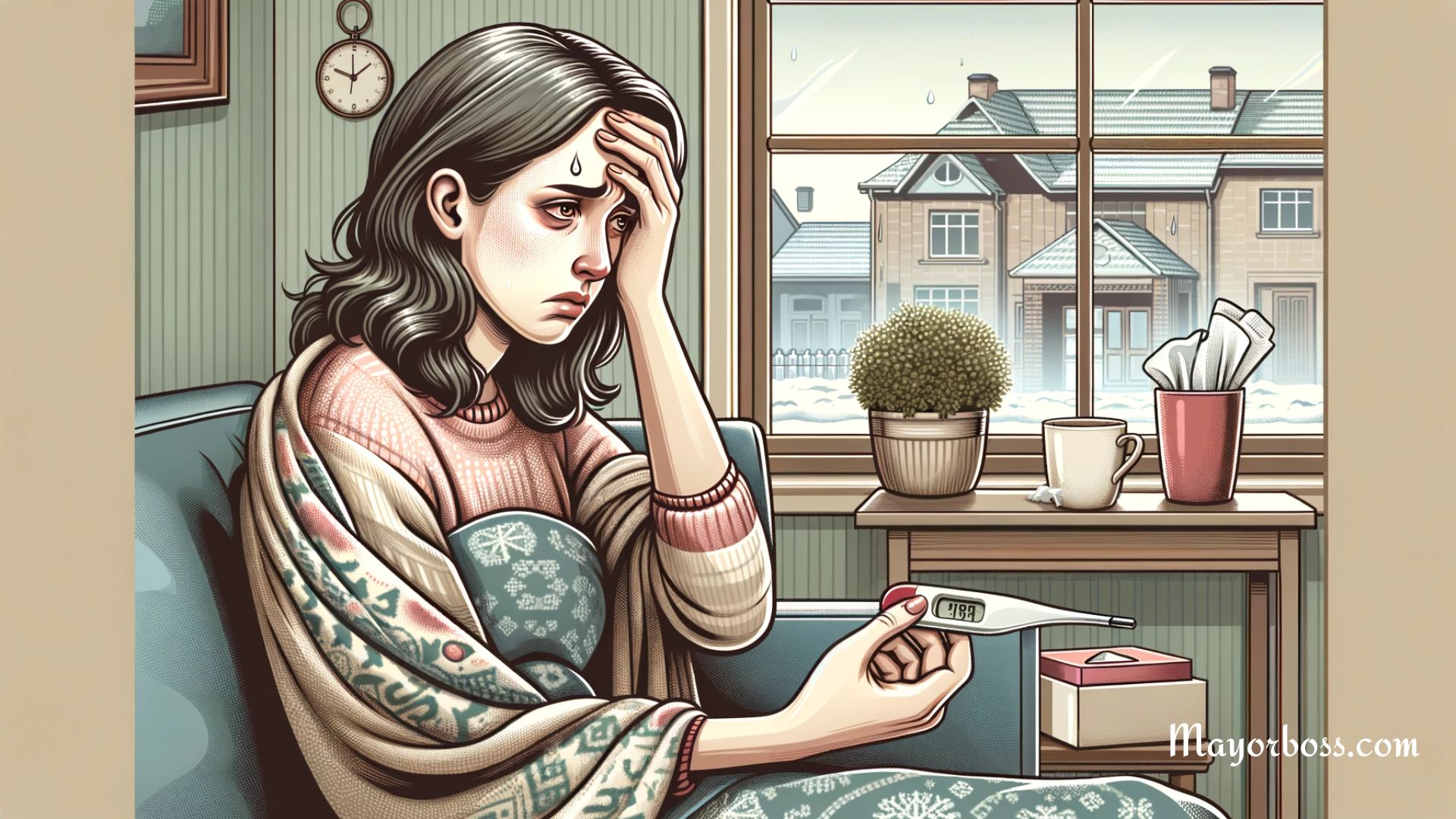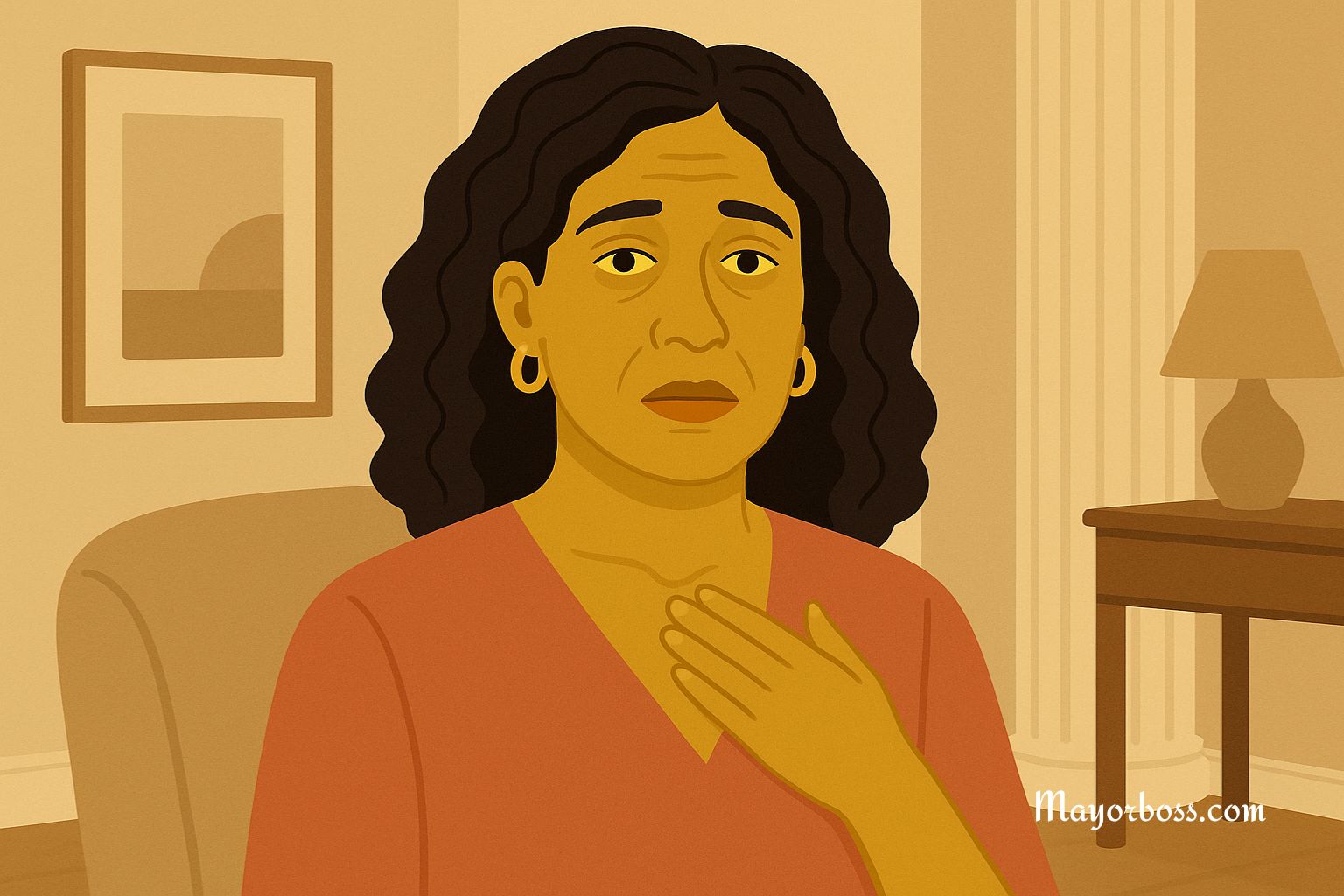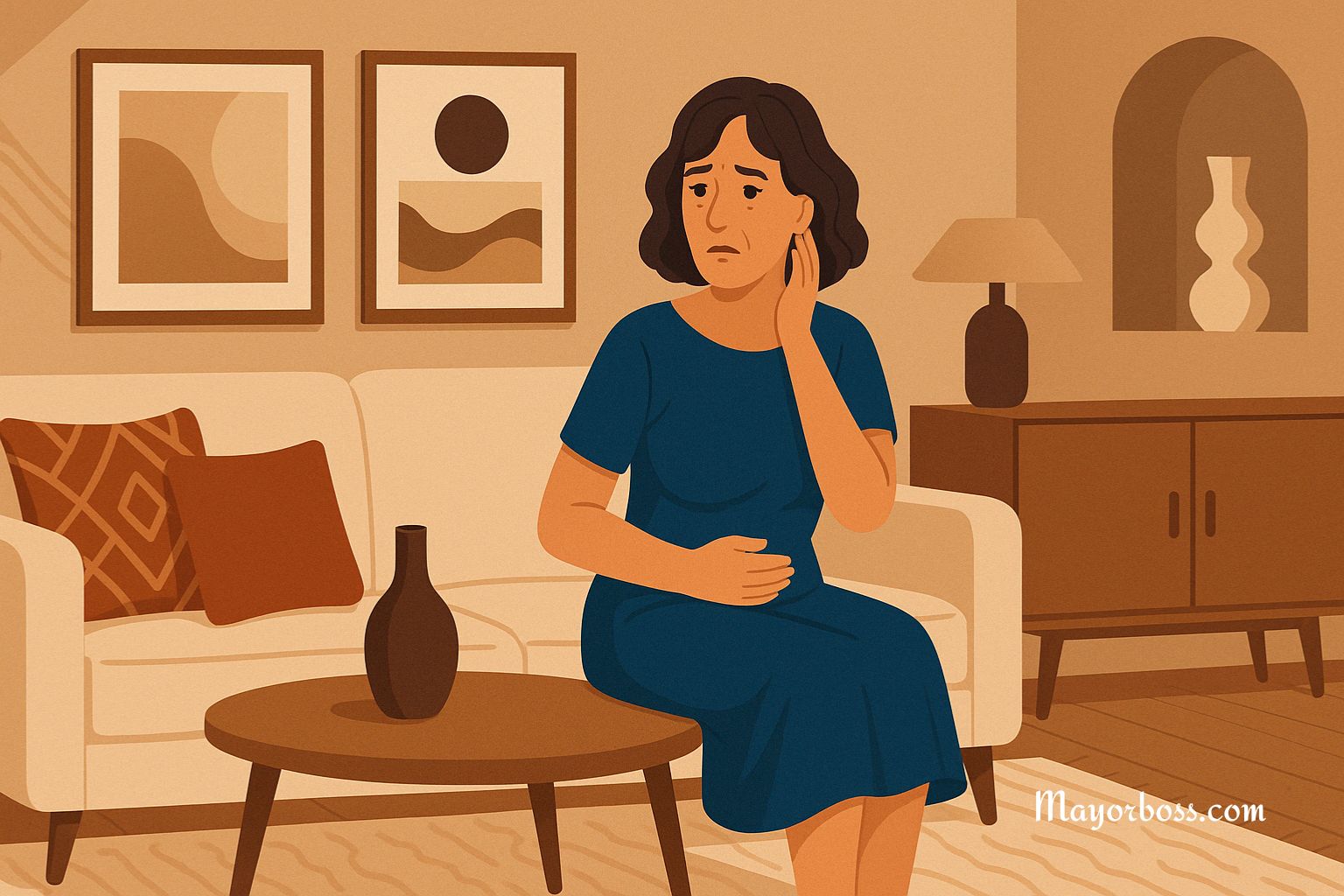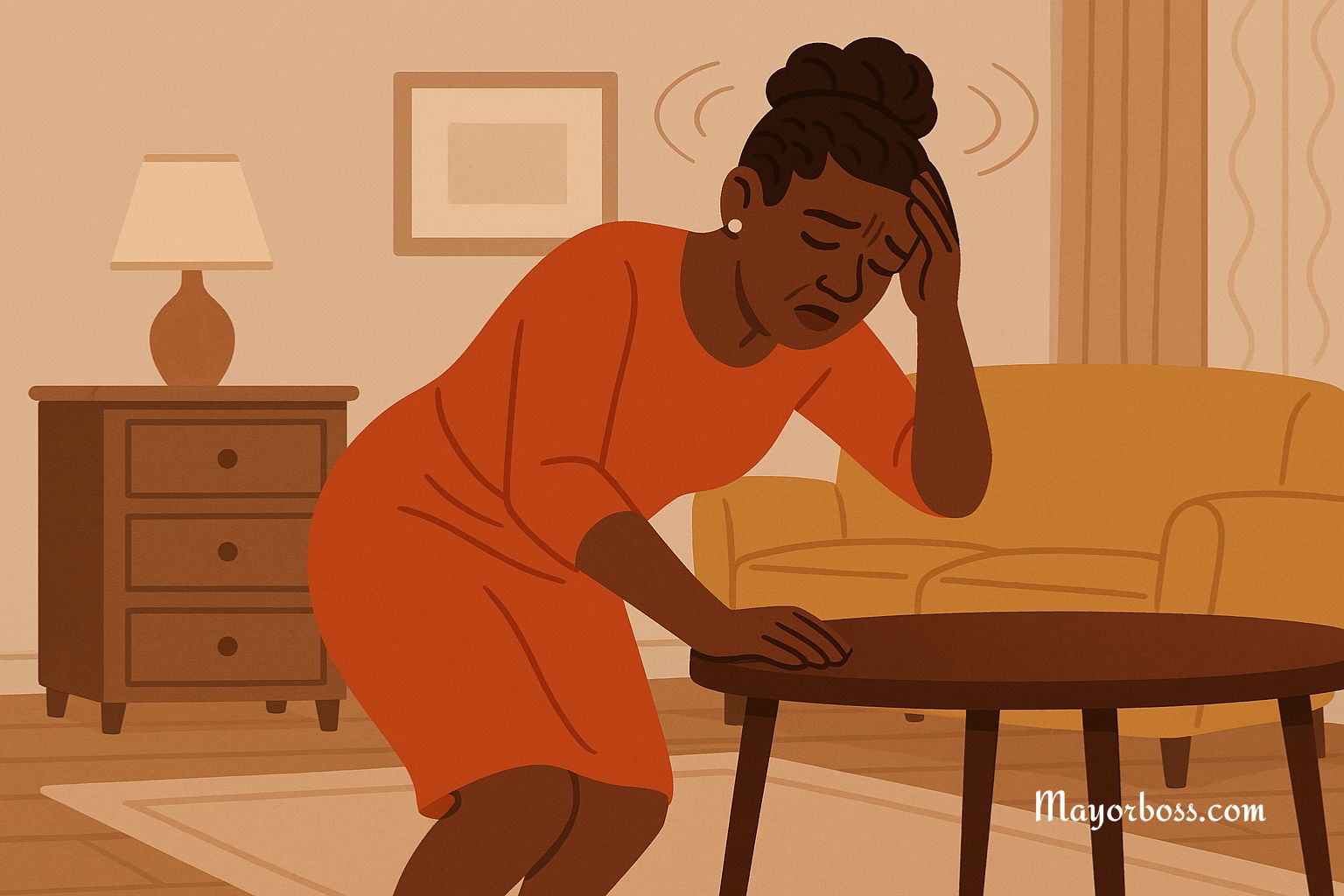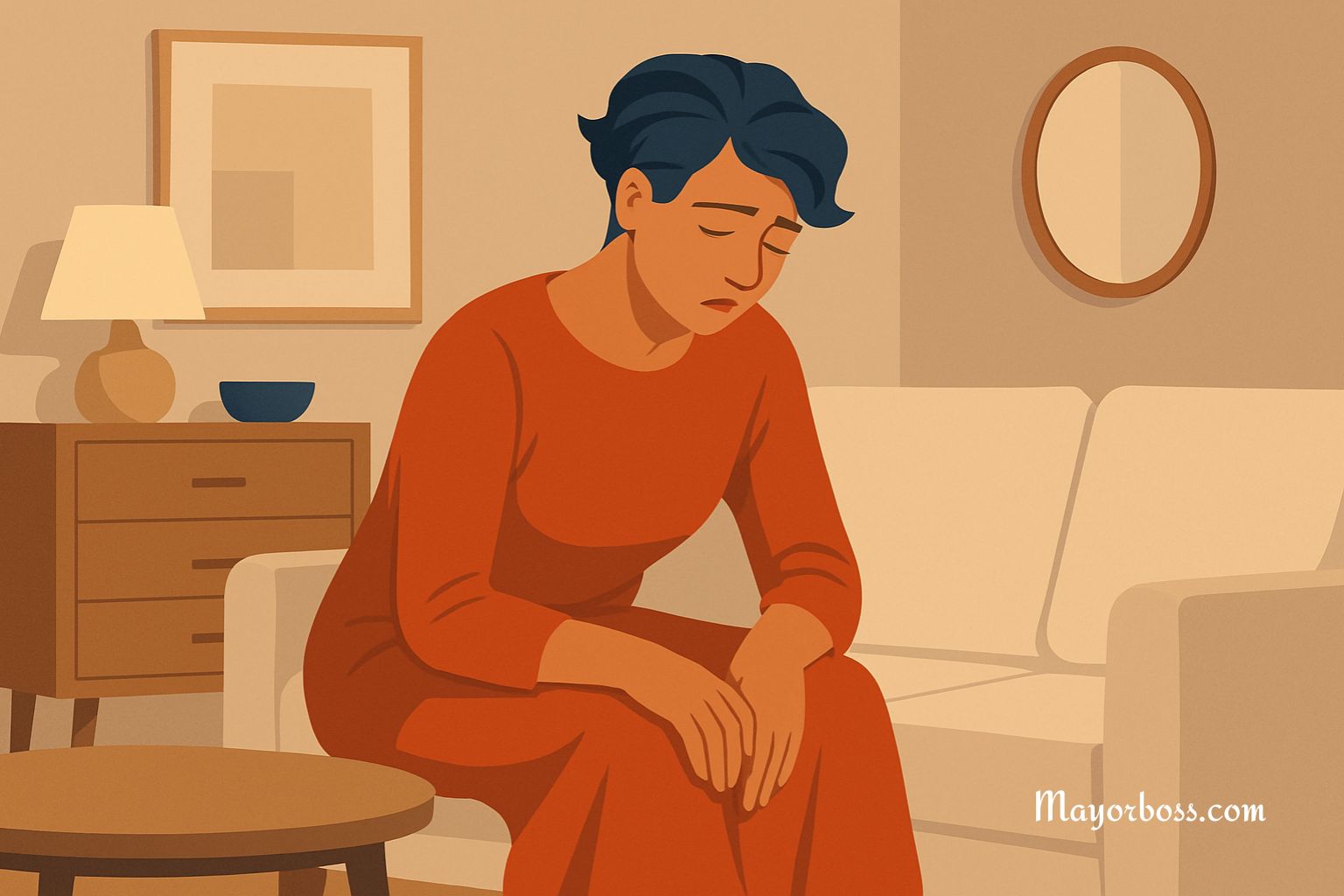High Blood Pressure Symptoms and Causes
High blood pressure, often called the “silent killer,” usually has no symptoms until it reaches a dangerous level. It’s crucial to monitor your blood pressure regularly because untreated high blood pressure can lead to severe health problems like heart attacks, strokes, and kidney failure. Lifestyle factors and certain medical conditions can contribute to its development.
Why Should You Be Concerned About High Blood Pressure?
So, you’ve heard the term “high blood pressure” thrown around, but why is it such a big deal? Well, if left untreated, this condition can wreak havoc on your cardiovascular system. It puts extra strain on your heart and blood vessels, making them work harder and less efficiently. Over time, this added stress can cause damage that ultimately increases your risk for heart disease, stroke, and other serious health issues.

What Are the Symptoms of High Blood Pressure?
Interestingly, high blood pressure often flies under the radar because it generally doesn’t present noticeable symptoms. That’s why regular check-ups are so important. However, in some extreme cases, you may experience:
- Severe headaches
- Fatigue or confusion
- Vision problems
- Chest pain
- Breathing difficulties
- Irregular heartbeat
For that reason, it’s vital to get your blood pressure checked regularly. If you notice any of these symptoms, consult a healthcare professional immediately.
What Causes High Blood Pressure?
Lifestyle Factors
Poor Diet
Consuming foods that are high in salt, saturated fats, and cholesterol can contribute to high blood pressure. In contrast, a balanced diet rich in fruits, vegetables, and lean proteins can help maintain a healthy blood pressure level.
Lack of Exercise
A sedentary lifestyle can cause your blood pressure to rise. Physical activity helps you control your weight and can make your heart stronger.
Smoking and Alcohol
Tobacco and excessive alcohol consumption can also raise your blood pressure levels. Chemicals in tobacco can damage the walls of your blood vessels, while alcohol can disrupt the balance of your circulatory system.
Medical Conditions
Kidney Disease
Your kidneys play a crucial role in controlling blood pressure. If they’re not functioning correctly, it can cause a domino effect that elevates your blood pressure.
Hormonal Imbalances
Certain hormonal conditions like thyroid disorders can also be a culprit. Imbalances can affect your body’s ability to regulate blood pressure effectively.
Genetic Factors
Yes, your genes can play a role too. High blood pressure often runs in families, so if your parents or grandparents had it, you’re at a higher risk.
Medications
Some medications, including certain types of birth control and over-the-counter pain relievers, can elevate your blood pressure. Therefore, always check with your healthcare provider if you’re concerned about how a medication might affect you.
How Can You Prevent High Blood Pressure?
Adopt a Healthy Diet
Start by cutting down on salt and processed foods. Incorporate more fruits and vegetables into your meals. Clinically proven methods like the DASH (Dietary Approaches to Stop Hypertension) diet can guide you.
Get Active
Engage in regular physical activity. According to the American Heart Association, aiming for at least 150 minutes of moderate exercise per week can make a significant difference.
Limit Alcohol and Quit Smoking
Minimize your alcohol intake and consider quitting smoking. These lifestyle changes can have a substantial impact on your blood pressure levels.
Manage Stress
Find ways to cope with stress through relaxation techniques like meditation or deep-breathing exercises. These methods can help regulate your blood pressure.
Frequently Asked Questions
What Are the Recommended Blood Pressure Levels?
You might wonder, what’s considered a ‘normal’ blood pressure reading? According to the American Heart Association, a normal blood pressure reading is usually around 120/80 mm Hg. If your blood pressure consistently reads higher than 130/80 mm Hg, it’s time to talk to your healthcare provider about potential treatment options and lifestyle changes.
How Often Should You Check Your Blood Pressure?
Given that high blood pressure often shows no symptoms, it’s essential to monitor it regularly. Most healthcare providers recommend getting it checked at least once a year. However, if you have a history of high blood pressure or other risk factors, more frequent checks may be advised.
Can High Blood Pressure Be Cured?
High blood pressure is generally a long-term condition, but it’s not unbeatable. With the right treatment plan, which often involves medication and lifestyle changes, many people successfully manage their blood pressure levels. However, even if your blood pressure returns to a ‘normal’ range, you’ll likely need to continue treatment to maintain those levels.
What Foods Should Be Avoided for High Blood Pressure?
If you’re looking to manage your blood pressure through diet, there are certain foods you should steer clear of. Processed foods, canned soups, and fast food are often high in sodium, which can raise your blood pressure. Additionally, sugary drinks and foods rich in saturated fats can contribute to hypertension.
Is High Blood Pressure Always Bad?
While high blood pressure is often labeled as the “silent killer,” there are situations where it can be temporary and not a cause for immediate concern. For example, it’s normal for your blood pressure to rise during physical exertion or stress. The problem arises when your blood pressure remains elevated over an extended period, as this can lead to serious health issues.
Further Reading: Foods That Can Lower Your Blood Pressure

